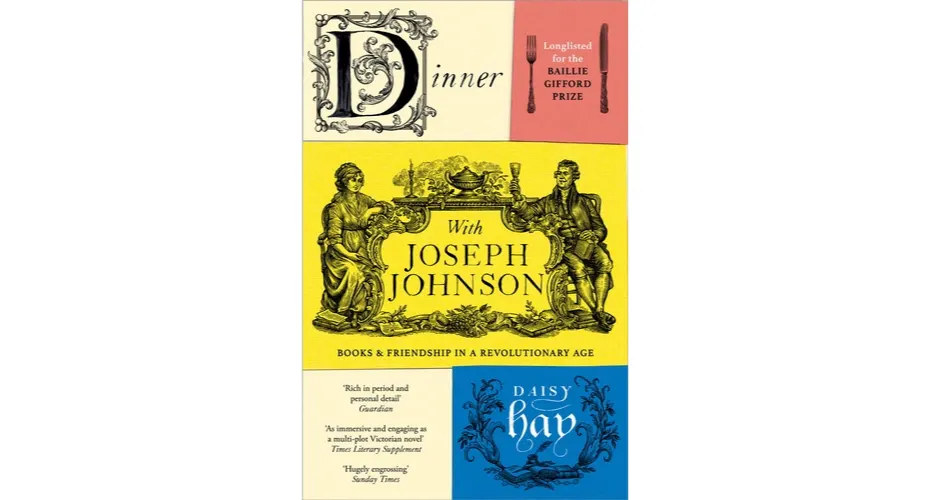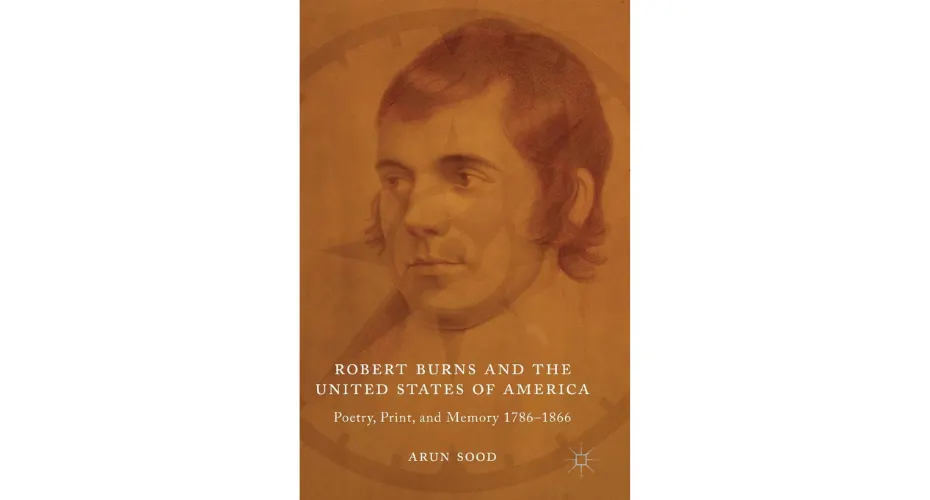18th Century and Romantic Literature
The literature of this fascinating period starts with Pope and Swift and Defoe, charts the outbreak of the French Revolution in 1789 and heralds, towards its end, the rise of Romanticism and the remaking of English poetry. The period is also the age of the novel: Robinson Crusoe, Clarissa, Tristam Shandy, Frankenstein and the works of Jane Austen fall within its boundaries, telling between them the story of the novel’s evolution from novelty to canonical genre.
During a period sometimes referred to as the ‘long eighteenth-century’ (approximately 1688-1830) Britain became a global power, growing rich on the profits of an international trade in cotton, sugar and enslaved people. The period’s writers respond powerfully to the cultural, political and moral challenges posed by this transformation of nation into superpower in a literature that is rich, creative and endlessly thought-provoking.
This is a vibrant area of research in the department, looking at a wide variety of specialisms, from the birth of science to the classical foundations of the novel, from biographies that rethink the period’s social networks to the mapping of roads, from devotional poetry to opium use, from gothic terror to tubs of laundry, from the politics of the body to the shirts of New Romanticism, and from plants in the Caribbean to shrubberies in Jane Austen.
Works on 18th Century and Romantic literature by our departmental staff
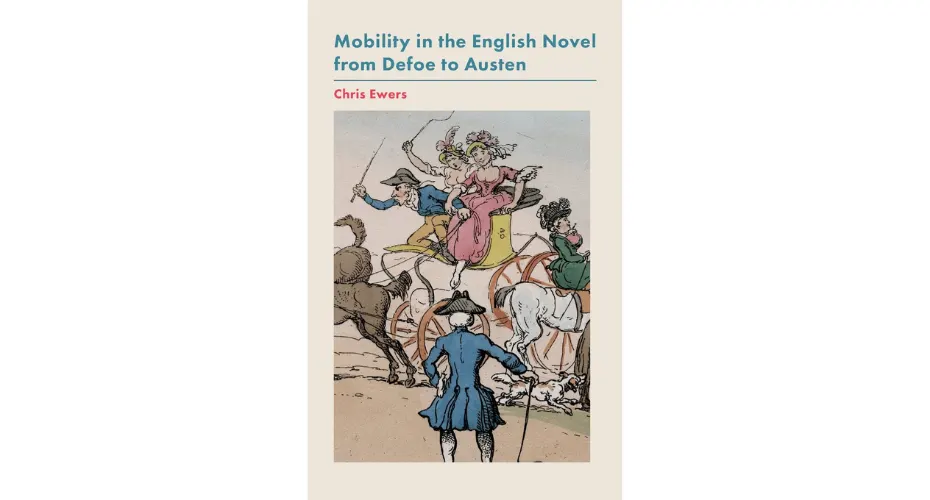
Roads, as the American word blacktop suggests, are often invisible and easy to ignore. Yet in the eighteenth century, a transport revolution created the first efficient, dependable road network in Britain, driving the new prose form that we now call the novel. The novel takes mobility as its underlying theme; it is fascinated by how people move, how they change, and how they encounter new environments. Chapters on Defoe, Fielding, Sterne, Smollett and Austen, considering speed, slowness, geography, gender, and space, argue that the modes of transport that connect the nation also shape the emerging form of the novel.
Visit Dr Chris Ewers' Profile »
Purchase on Boydell and Brewer »
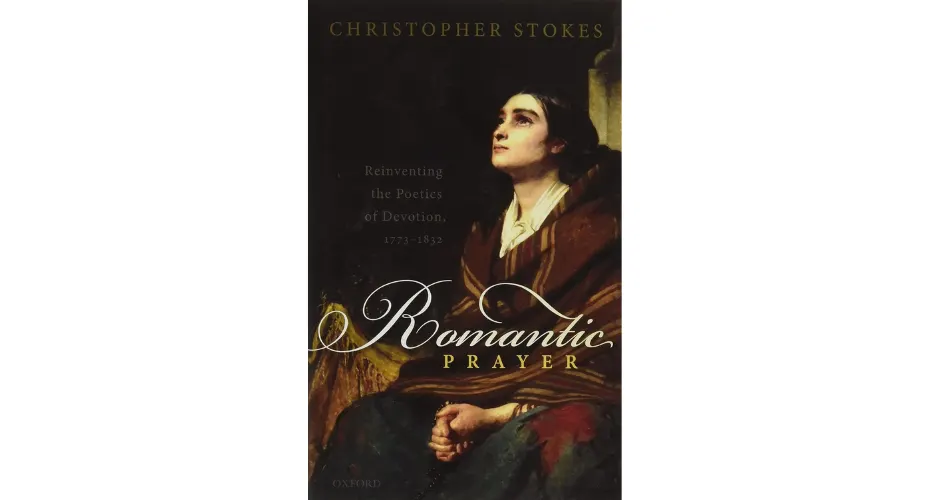
Whilst religion and the secular have been continually debated contexts for literature of the Romantic era, the dominant scholarly focus has been on doctrines and denominations. In analysing the motif of devotion, Romantic Prayer shifts attention to the quintessential articulation of religion as lived experience, as practice, and as a performative rather than descriptive phenomenon.
In an era when the tenability and rationality of prayer was much contested, poetry—a form with its own interlinked history with prayer—was a unique place to register what prayer meant in modernity. This study illustrates how the discourse of prayer continually intervened in the way that poetic practices evolved and responded to the religious and secular questions of the eighteenth and nineteenth-century moment.
Visit Dr Christopher Stokes' Profile »
Purchase on Oxford University Press »
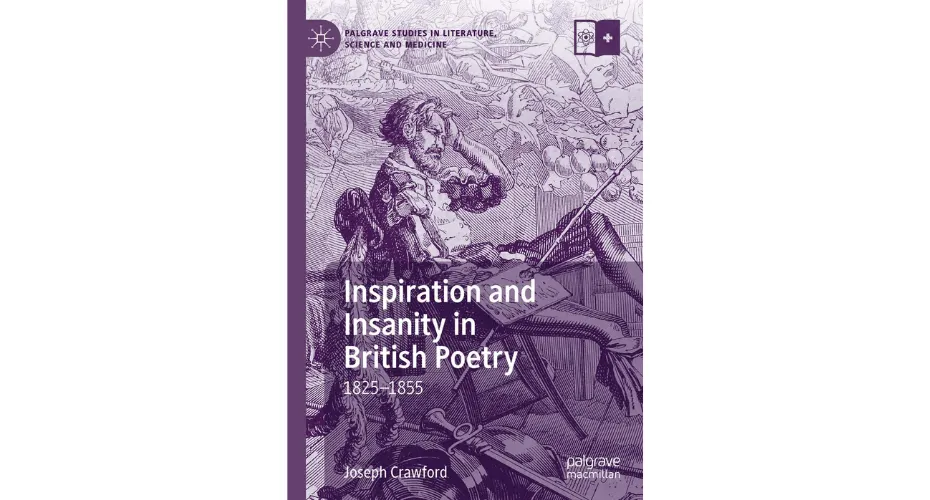
This book explores the ways in which poetic inspiration came to be associated with madness in early nineteenth-century Britain. By examining the works of poets such as Barrett, Browning, Clare, Tennyson, Townshend, and the Spasmodics in relation to the burgeoning asylum system and shifting medical discourses of the period, it investigates the ways in which Britain’s post-Romantic poets understood their own poetic vocations within a cultural context that insistently linked poetic talent with illness and insanity.
Joseph Crawford examines the popularity of mesmerism among the writers of the era, as an alternative system of medicine that provided a more sympathetic account of the nature of poetic genius, and investigates the persistent tension, found throughout the literary and medical writings of the period, between the Romantic ideal of the poet as a transcendent visionary genius and the ‘medico-psychological’ conception of poets as mere case studies in abnormal neurological development.
Visit Dr Joseph Crawford's Profile »
Purchase on Palgrave Macmillan (Springer Nature) »
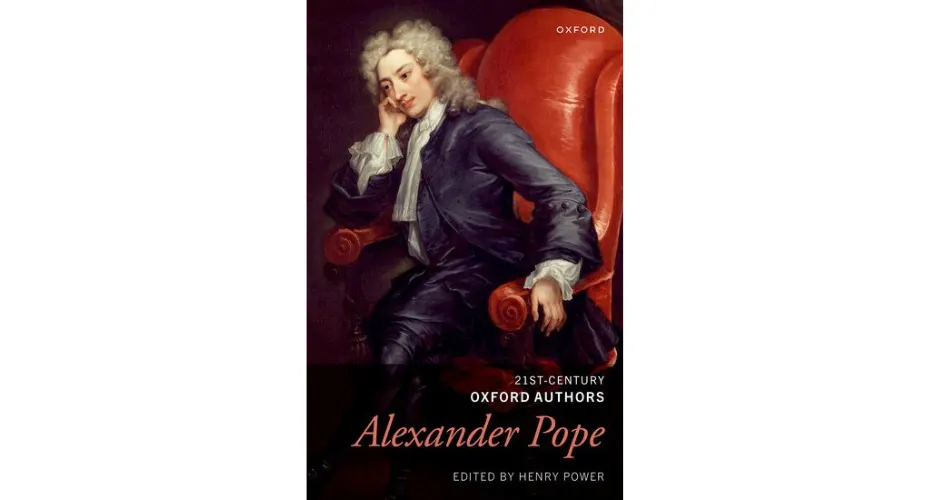
This volume in the 21st Century Oxford Authors series presents a substantial selection of Pope's writings, arranged in chronological order to give a sense of the development of his literary career. As well as the poems for which Pope is still best remembered—An Essay on Criticism, The Rape of the Lock, the Essay on Man, the Imitations of Horace, and the Dunciad—readers will find a broad range of lesser-known comic and occasional poems and of his satirical and critical prose.
In addition, this volume pays due attention to Pope's genius as a translator, and includes generous selections from his versions of Chaucer, Ovid, Statius, and especially Homer. Several of Pope's letters are also included. Particular care has been taken to give a sense of Pope's arrangement of his verse on the page, in order to reflect his particular interest in the printed form of his work.
Visit Professor Henry Power's Profile »
Purchase on Oxford University Press »

